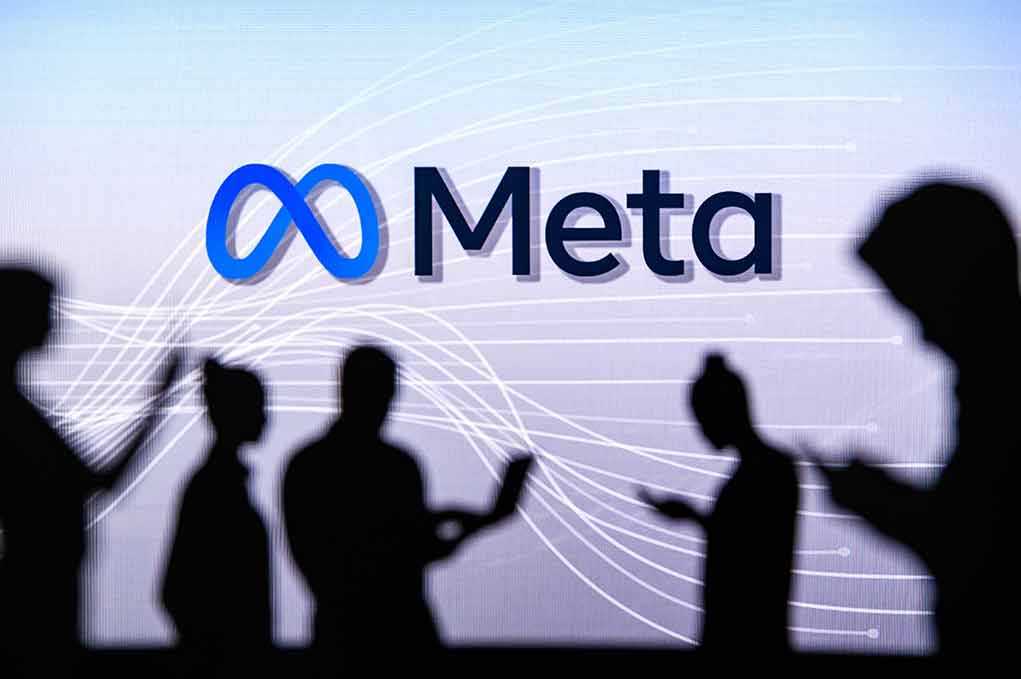
Meta’s aggressive new AI photo feature demands access to your entire camera roll, including personal photos you’ve never shared on the platform.
Key Takeaways
- Facebook is testing “cloud processing” that uploads your private photos to Meta’s servers for AI analysis and enhancement, even those never shared on the platform.
- Users must agree to Meta’s AI Terms, allowing the company to “analyze images, including facial features” and “retain and use” personal information.
- The feature is currently being tested in the U.S. and Canada, with Meta claiming the data won’t be used for ad targeting or improving AI models.
- Users can protect their privacy by declining the pop-up prompt and disabling the feature in Facebook app settings.
- Meta can access date information and identify people or objects in your photos to generate AI content suggestions.
Meta’s AI Wants Your Private Photos
Facebook’s parent company Meta is rolling out a new feature that raises significant privacy concerns for users. When creating a Story, the platform now displays a prompt asking for permission to access your entire camera roll – including photos you’ve never uploaded to the platform. This feature, described as “cloud processing,” allows Meta’s AI to analyze your personal photos and suggest AI-enhanced versions, collages, and other creative content based on what’s in your private photo library.
The permission request appears when users create a new Story, with Facebook explaining that allowing this access will enable AI to generate creative suggestions. According to Meta’s documentation, the system will upload media from your camera roll to Facebook’s cloud based on time, location, or thematic elements it detects. While Meta claims these suggestions are private and visible only to the user, the broader implications for personal data security remain concerning.
Hidden in the Fine Print
By accepting this feature, users are agreeing to Meta’s AI Terms of Service, which contain troubling language about how your personal photos will be used. The terms explicitly state that “once shared, you agree that Meta will analyze those images, including facial features, using AI. This processing allows us to offer innovative new features, including the ability to summarize image contents, modify images, and generate new content based on the image,” according to Meta’s AI Terms.
“We’re exploring ways to make content sharing easier for people on Facebook by testing suggestions of ready-to-share and curated content from a person’s camera roll,” said Maria Cubeta, Meta spokesperson.
Perhaps most concerning is Meta’s admission that they can “retain and use” your personal information for AI personalization. While Meta claims these images won’t be used for ad targeting, their track record on privacy issues gives users plenty of reason for skepticism. The company has repeatedly changed its policies over the years, often expanding how it uses personal data after initially promising limitations.
Protecting Your Privacy
For users concerned about this latest intrusion, there are ways to safeguard your personal photos. The simplest approach is to decline the pop-up prompt when it appears during Story creation. Additionally, users can proactively disable the feature by navigating to Facebook’s settings menu and turning off “Camera roll sharing suggestions.” “This prevents Meta from accessing your private photo library without explicit permission for each image you choose to share,” said Maria Cubeta.
Privacy experts recommend regularly auditing which apps have access to your photo library on your device. Many applications request blanket access to photos when they only need limited functionality. By restricting these permissions, users can minimize exposure of sensitive personal information to third parties. The feature is currently being tested only in the United States and Canada, but Meta’s history suggests a broader rollout may follow if initial testing proves successful for the company.
The Bigger Picture
This move represents a significant expansion beyond Meta’s previously announced AI training methods, which focused primarily on publicly shared data. Now, the company is seeking access to private, unshared content – a concerning development for those already wary of Big Tech’s data collection practices. While the feature may offer convenience for some users, the privacy tradeoff is substantial, with Meta potentially gaining unprecedented insight into users’ personal lives through their private photo collections.
President Trump has consistently criticized Big Tech companies for their intrusive data collection practices and lack of transparency. This latest move by Meta exemplifies the ongoing concern about Silicon Valley’s hunger for personal data to feed increasingly sophisticated AI systems. As these systems grow more powerful, the question of who controls our most intimate digital content – from family photos to personal memories – becomes increasingly urgent for American consumers concerned about their digital privacy rights.
















